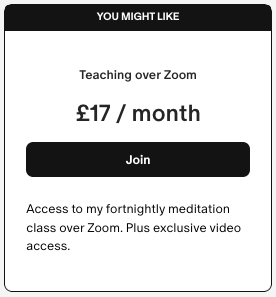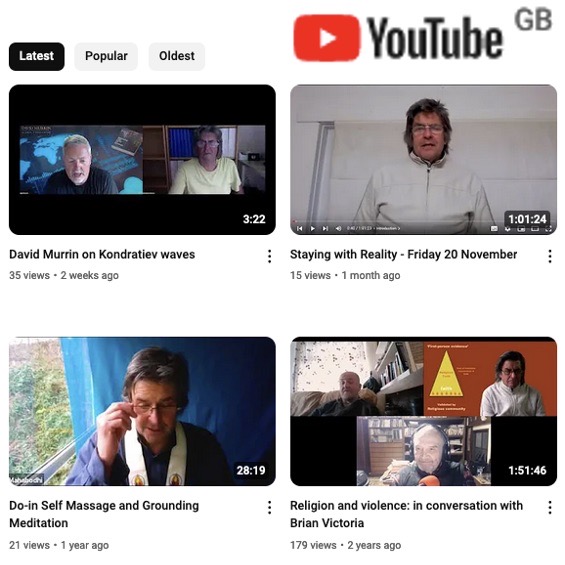The Religious Tradition
Below is an excerpt from my forthcoming book… © Mahabodhi Burton 6 minute read This excerpt is from the chapter ‘The Evidence Bases in Religion, Science and Politics,’ and explores how a Wisdom or Religious tradition comes about. It follows on from The Scientific Tradition. The Wisdom tradition But what about a Wisdom tradition such as Buddhism? Here the authors [of The Embodied Mind] draw upon the philosophical tradition of Phenomenology, in particular the work of Edmund Husserl and Maurice Merleau-Ponty. The Greek word logos traditionally means ‘word, thought, principle, or speech’ and has been used among both philosophers and theologians, and the word phenomenon—which because it comes from the Greek phainomenon, from the verb phainesthai, meaning “to appear, become visible”—means ‘appearance’ and so the word Phenomenology can be glossed; ‘what you can say about the phenomena of experience / what appears to be in the world, (by implication) if you set aside speculative theories, for instance theories about whether you and the world exist, whether there are “real objects” out there.’ Martin Heidegger’s’ answer was ‘you appear in the world as if thrown here’ and the appropriate response to your existential situation was ‘care;’ you should look after yourselves and your world (Heidegger has a critique of technological excess that is very pertinent today). Phenomenology ‘pushes us back onto our experience’, and the authors call this experience ‘first-person experience’ or ‘first-person evidence;’ because it is only accessible to a first person (to an ‘I;’ to oneself). This is relevant today: Critical Race Theory and proponents of Woke assume that all white people are racist. Obviously, it is possible to tell whether someone is racist from their words and actions, but beyond that, such a realization can only come from self-knowledge and awareness: in other words, from a first-person perspective. The only person who can truly know for certain whether they are racist is the person themselves: as they are the sole person with access to their inner world. And what they do with that knowledge is their business: this is how conscience works. In Buddhism, for true confession to take place, the practitioner must see their failing for themselves; any person hearing a confession is only witness to an inner process. Confession therefore is a ‘first-person to first-person’ matter, just as a preceptor witnesses a Buddhist ordinand’s effective going for refuge to the Three Jewels. Varela [co-author of The Embodied Mind] went on the create a new field; Neurophenomenology, bringing together neuroscience—including the scientific study of brainwaves of meditating monks—with first-person reports of meditative experience. I explored these ideas in a Shabda[1] article entitled ‘Consciousness and...








 Users Today : 86
Users Today : 86 Users Yesterday : 23
Users Yesterday : 23 This Month : 544
This Month : 544 Total Users : 13971
Total Users : 13971
